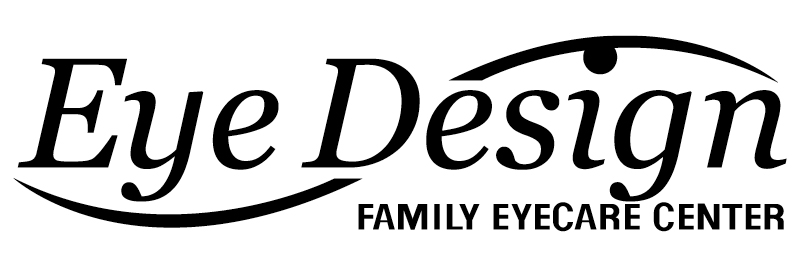Emergency Eye Care in Clinton, Maryland
Your eyes allow you to experience the beauty and wonder of life, but what happens when an emergency threatens your vision and eye health? Knowing how to respond effectively during an eye crisis is essential, as is having an emergency optometrist like Dr. Burns on speed dial.
Whether you have an eye infection or a corneal abrasion, prompt and appropriate action from Eye Design in Clinton can make all the difference.

Why Choose Eye Design for Your Eye Emergency Needs?
- Immediate Attention: We offer same-day appointments for emergency cases to ensure you receive the care you need when you need it.
- Expert Care: Our eye doctor can handle various eye emergencies using the latest techniques and treatments.
- Comprehensive Support: From the moment you contact us, we provide guidance and support, ensuring you understand your condition and the steps we're taking to treat it.
- Follow-Up Care: After addressing the immediate emergency, we offer comprehensive follow-up care to monitor your recovery and prevent future issues.

Swift Eye Infection Care
Eye infections, whether viral or bacterial, can result in redness, swelling, discharge, and discomfort. These infections typically come with symptoms like itching, burning sensations, and increased sensitivity to light. Various factors can trigger eye infections, such as inadequate hygiene practices, improper use of contact lenses, or exposure to contagious agents. One prevalent example of an eye infection is conjunctivitis, commonly known as pink eye, which often necessitates prompt intervention.
Understanding Corneal Abrasions
Corneal abrasions occur when the protective outer layer of the eye, called the cornea, becomes scratched or injured. Corneal abrasions can result from foreign objects, accidental eye rubbing, or if the eyes are exposed to irritants. Symptoms of a corneal abrasion often include intense pain, tearing, blurred vision, and a feeling of a foreign object in the eye. Left untreated, corneal abrasions can lead to infections and potential vision impairment.
Other Types of Eye Emergencies
In addition to eye infections and corneal abrasions, we also treat the following:
- Foreign Body in the Eye: Small foreign objects, such as metal fragments, wood splinters, or debris, can become embedded in the eye, causing pain and potential damage.
- Chemical Exposure: Exposure to chemicals, including household cleaners, industrial chemicals, or irritants, can lead to severe eye injuries. Rinse the affected eye with water and seek immediate medical attention.
- Eye Trauma: Blunt force trauma to the eye, such as a punch or impact, can cause injuries ranging from a black eye to more severe conditions like retinal detachment or hyphema (bleeding in the eye). Request an appointment with an eye doctor to assess any eye injury involving trauma.
- Retinal Detachment: A sudden onset of flashing lights, floaters, and a curtain-like shadow in your peripheral vision can be signs of retinal detachment.
- Acute Angle-Closure Glaucoma: Acute angle-closure glaucoma is when eye pressure suddenly increases, causing severe eye pain, blurred vision, headache, and nausea. This a medical emergency and needs immediate treatment.
- Eye Burns: Chemical or thermal burns to the eye can cause significant damage. Immediate and thorough rinsing with water is essential before seeking professional care.


What to Do in an Eye Emergency
In an eye emergency, quick and appropriate action is crucial. Here are some essential steps to take:
- Avoid Rubbing: If you have a foreign object in your eye, resist the urge to rub it, as rubbing can worsen the injury.
- Rinse Your Eye: If a substance has entered your eye, gently rinse it with clean, lukewarm water for at least 15 minutes.
- Do Not Remove Objects: If you have a foreign object in your eye, do not attempt to remove it.
- Cover the Eye: Use a clean, sterile bandage or shield to cover your eye. You can also use a paper cup.
- Seek Darkness: If you suspect a corneal abrasion, keep the affected eye closed and shielded from light to minimize discomfort.
- Avoid Contact Lenses: Remove contact lenses if you have an eye infection or injury, as they can exacerbate the condition.
